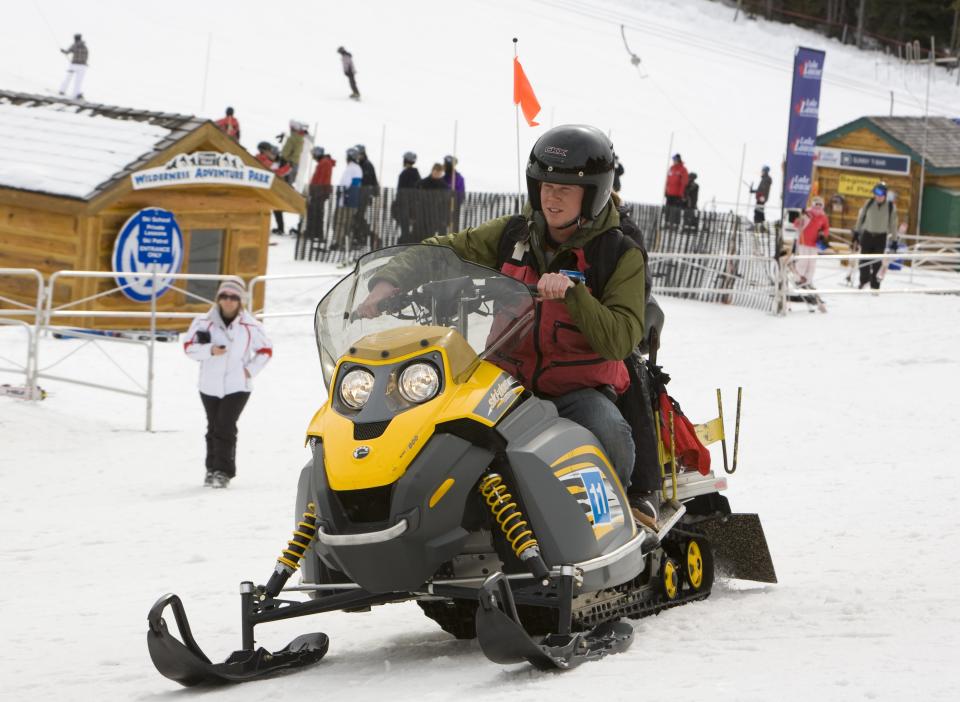Winter weather predictions for across Canada

Winter is coming and it looks like there will be a range of extreme weather across the country. Weather-tracking company AccuWeather has released its Canadian winter forecast predictions for the upcoming season and some regions are anticipated to experience much worse weather than others. The “Wet coast” won’t live up to its name, while Ontario will be hardest hit. The following is a breakdown of what to expect in the upcoming winter months throughout Canada, according to AccuWeather senior meteorologist Brett Anderson.
British Columbia
Much of the West coast is set to experience a mild winter. B.C. won’t see as much snowfall, which could spike the chances of a late spring and summer drought in 2020. Cities like Vancouver, Victoria, Kamloops and Prince George are expected to be drier and sunnier than usual throughout the season. That shouldn’t have an impact on ski destinations, though.
“Even though this is a dry, mild forecast, I do think the ski season will get off to a good start in more regions,” Anderson tells Yahoo Canada.
The whole province isn’t in the clear from bad weather, however. Storm tracks are expected to bring most of the rainfall to Northern B.C. throughout the season.
Alberta
Despite early snow this fall, lots of wind is in the forecast for winter in Alberta. It’s expected to hit the area hard, with higher than usual chinook-related patterns in the southwestern region. As a result, dramatic swings in temperatures are expected in Calgary and Lethbridge. That doesn’t mean other parts of the province are in for a smooth ride — Arctic blasts directed farther to the east will bring bitterly cold outbreaks during the first half of winter.
An early snowfall in the Rockies could lead to an early ski season, but overall, snow totals for most resorts are predicted to be below average. Winter as a whole in Alberta looks drier and windier than normal.
“Temperature-wise, it will probably be near to slightly above normal in Alberta,” says Anderson. “The core of the cold shots will be farther to the east.”
Saskatchewan and Manitoba
The prairie provinces will feel the strongest surges of Arctic air directed into the eastern half of the region, into cities like Regina and Winnipeg, followed by bursts of snowfall from high-speed storms.
“Snowfall in the prairies is going to be fairly close to normal,” says Anderson. “But this will be a colder winter than normal. “
Drier air is predicted for the late winter.
Ontario
Expect a cold winter for northwestern Ontario this year, while further east, the rest of the province looks pretty stormy, especially in late December and January.
“December still looks fairly mild, so we may be dealing with more rain and ice storms, but by late December, early January, it could get quite snowy,” says Anderson.
A large amount of snowfall in January is good news for skiers and snowmobilers.
The coldest weather is expected to hit in February, when the storm track shifts to the coast, allowing colder air to come into the area. That could lead to a cold but dry month.
Anderson also warns of major ice or sleet storms across interior southern Ontario, expected to hit during the middle of winter.
Quebec
Quebec will get hit with the white stuff across most of the region, including Montreal and Quebec City, thanks to a spike in moisture-laden storms coming up from the southwest.
Thankfully, it’s not expected to be unbearably cold for most of the season, since Arctic intrusions will be directed more to the west.
A cold spell is predicted for the last months of winter, as the storm track shifts more toward the Atlantic coast. Just like in Ontario, this is good news for outdoor enthusiasts.
Atlantic Canada
This region looks mild for the start of the winter, with below-normal snowfall, which means above normal temperatures. By February, the storm track is set to shift to the coast, so the region can expect more snow. By the end of the season, a colder weather pattern is forecasted, which could stick around until early spring.
“A slow start to winter in Atlantic Canada but it comes on strong late,” says Anderson.

